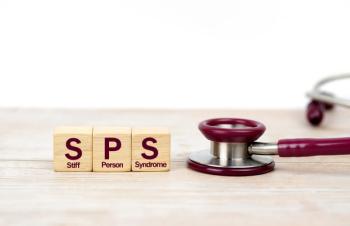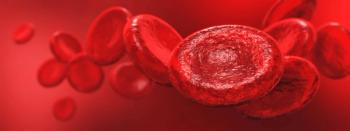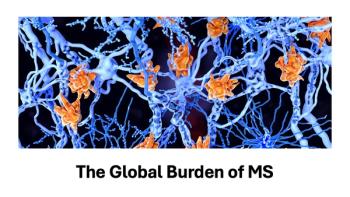
In-Clinic Autoimmune Treatment Gets Boost from Novel Cell Therapy
A new Chinese study highlights a potential cell therapy strategy for autoimmune diseases in a clinic setting.
A new study by researchers in China shows hAECs administration has a unique immunoregulatory effect on inflammation inhibition and injury recovery in murine models and its administration could be considered a novel strategy to treat autoimmune diseases in the clinic going forward.
Luyang Yu, PhD associate dean at the College of Life Sciences, Zhejiang University in China, and lead author of the study, says the medical treatment of autoimmune disease is still a huge challenge in the clinic. The chronic inflammation of autoimmune diseases develops repetitive localized destruction or systemic disorders, represented by Hashimoto's thyroiditis (HT) and Systemic lupus erythematosus (SLE) respectively.
“The non-specificity, one-sidedness, and other side effects limit the effectiveness of the current treatment approaches such as immune inhibitors, anti-inflammatory agents, and antimalarial drugs,” he says. “Thus, new strategies of immunomodulation are required for more effective and safer treatment aiming autoimmune diseases.”
The study, “
In the investigation, hAECs modulated the immune cells balance in EAT and SLE mice by downregulating the ratios of Th17/Treg cells in both EAT and SLE mice and upregulating the proportion of B10 cells in EAT mice. It was found that hAECs improved the cytokine environment in both EAT and SLE mice.
“Our current study has demonstrated the sustained therapeutic effect of hAECs against autoimmune diseases in murine system, which is one of the best models for pre-clinical study of stem cell therapy,” Yu says. “hAECs exert the immunomodulatory actions via releasing different groups of hAECs-generated mediators and cell-contact interaction. On the other hand, the way for hAECs administration is intravenous injection, which is easily performed in clinic.”
Related article:
Although hAECs improved disease symptoms in thyroiditis and lupus, they exhibited different modulatory styles on immune balance. For thyroiditis, hAECs restored B10 cells and the Th17/Treg cells balance by decreasing the Th17 cells proportion. For lupus, hAECs restored the Th17/Treg cells balance by decreasing the Th17 cells proportion and increasing the Treg cells proportion.
“The identification of different immunoregulatory functions of hAECs in autoimmune diseases may help to develop correlated cell therapy in clinic,” Yu says. “Also, further pre-clinical studies are required to determine the effect of hAECs on relapse of lupus and other autoimmune disease after the termination of drug treatment.”
These findings offer a potential cell therapy strategy for autoimmune diseases in a clinic setting.
“To our knowledge, this is the first study to report the therapeutic benefit of hAECs in these autoimmune diseases,” Yu says. “Previous reports have shown that mesenchymal stem cells (MSCs) may play inhibitory roles during the development of some autoimmune diseases in animal models. However, several studies have revealed that in pathological circumstances, such as inflammation and diabetic mellitus, pro-inflammatory cytokines and ROS induce deactivation and apoptosis in MSCs as well as immunogenicity and tumorigenicity in some cases.”
As compared to MSCs, the lack of telomerase and high expression of HLA-G and HLA-E guarantees no tumorigenicity and immunogenicity in hAECs.
“To our surprise, hAECs demonstrated best treatment effect when they were administrated at the peak of diseases, although the disease phenotypes were also suppressed upon the injection of hAECs at earlier windows,” Yu says. “These results indicated that hAECs may ameliorate both the incidence and development of autoimmune diseases. More importantly, hAECs could be ideal candidate for autoimmune diseases treatment in clinic, in which most patients are diagnosed with obvious symptoms.”
Keith Loria is an award-winning journalist who has been writing for major newspapers and magazines for close to 20 years.
Newsletter
Get the latest industry news, event updates, and more from Managed healthcare Executive.

























